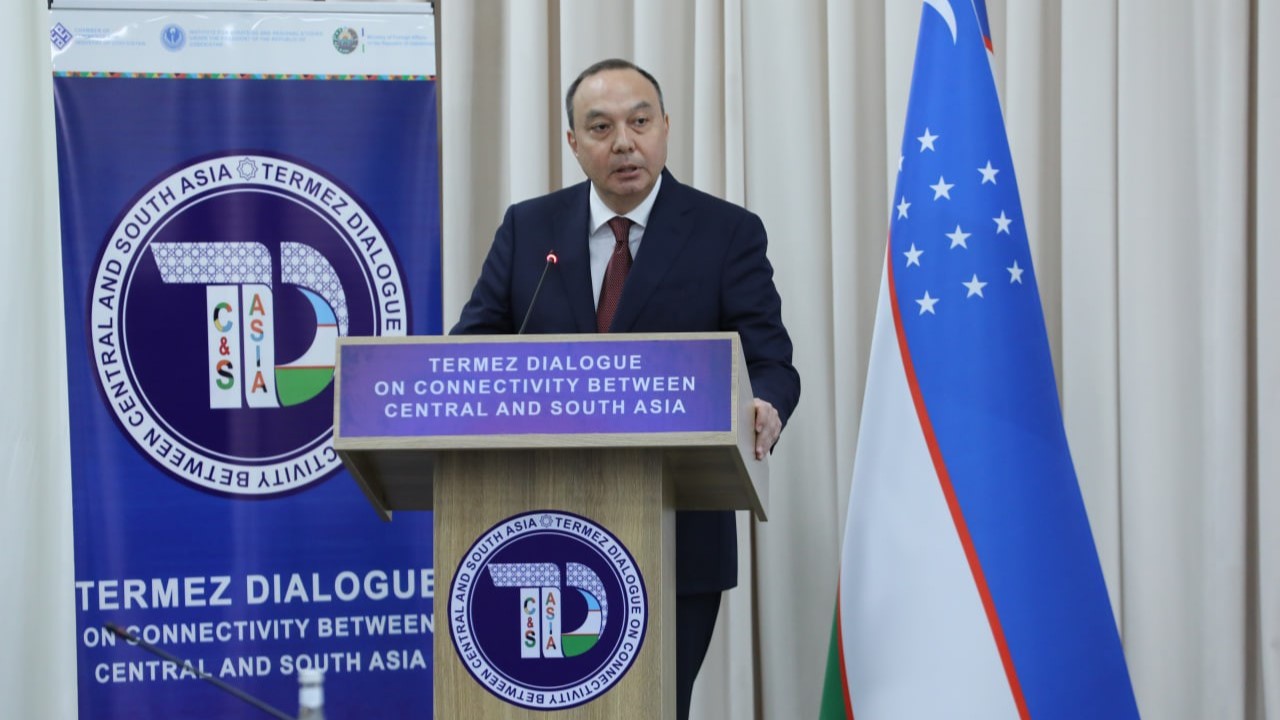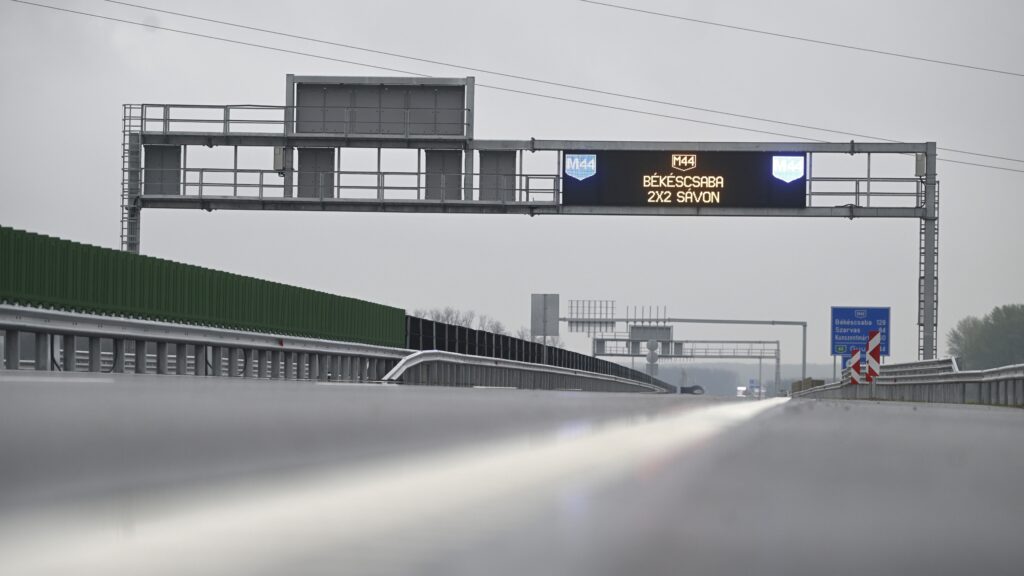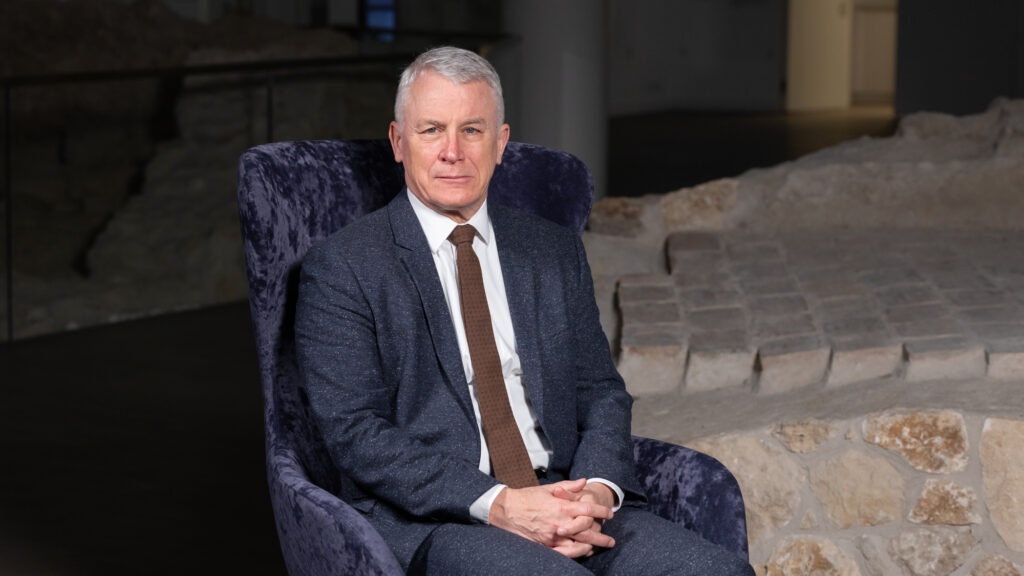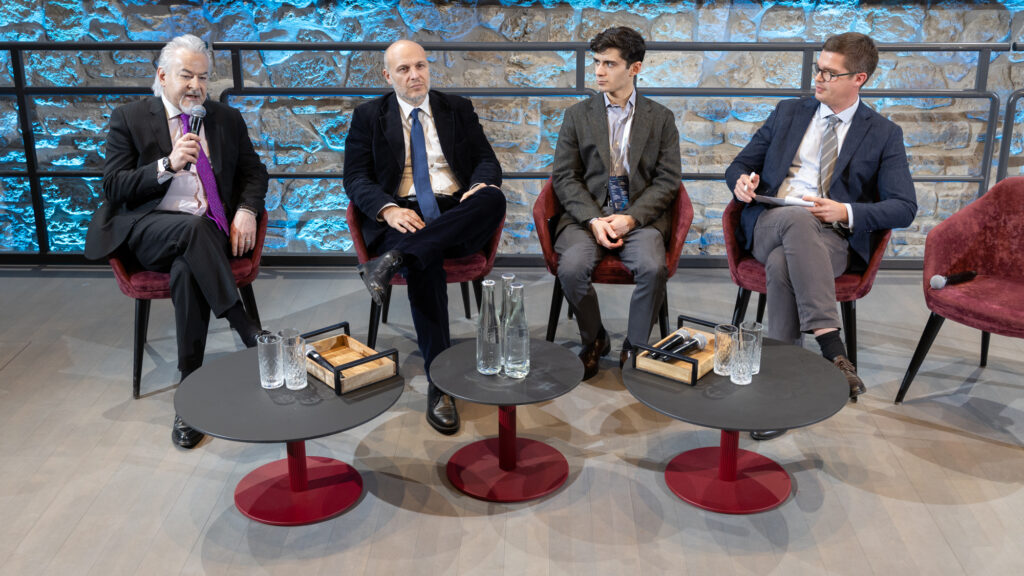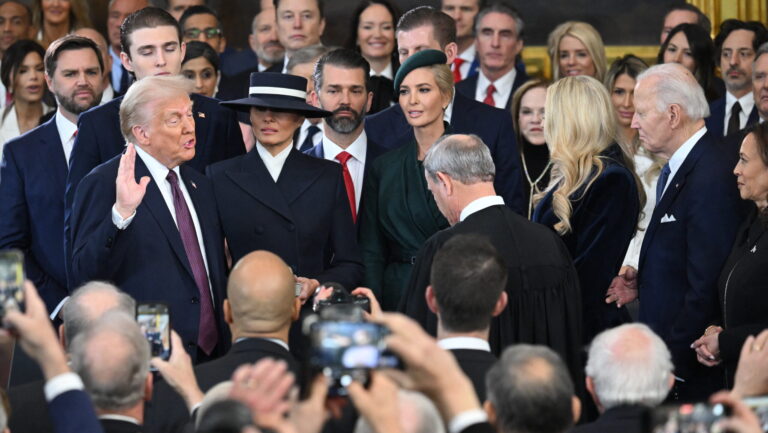The first session of the Termez Dialogue on Connectivity between Central and South Asia, themed ‘Building a Common Space of Peace, Friendship, and Prosperity’, was held on 19–21 May in Termez. The event was organized by the Institute for Strategic and Regional Studies under the President of the Republic of Uzbekistan (ISRS), the Ministry of Foreign Affairs of the Republic of Uzbekistan, and the Chamber of Commerce and Industry of Uzbekistan.
In his welcoming address, Director of ISRS Eldor Aripov emphasized the significance of hosting the forum in Termez. ‘Located at the junction of Central and South Asia, this ancient city has served as a nodal point of interregional connectivity since time immemorial,’ he stated.
Aripov also highlighted Termez’s historical role as a centre of intercultural and religious dialogue, where the traditions of Zoroastrianism, Buddhism, Christianity, and Islam emerged and coexisted. He noted that the city was situated between ancient states such as the Greco–Bactrian and Kushan kingdoms and flourished during the Timurid era as a major hub for trade, craftsmanship, science, and education.
‘Located at the junction of Central and South Asia, this ancient city has served as a nodal point of interregional connectivity since time immemorial’
Moreover, he pointed out that the ancient Northern Trade Route—linking India and Central Asia—passed through Termez. Today, the city is undergoing rapid modernization, once again reviving its role as Uzbekistan’s southern gateway and a key link between Central and South Asia. ‘The rich historical heritage of Termez creates a solid foundation for building a shared space of cooperation and unlocking new strategic opportunities for collective development,’ Aripov noted.
Expanding on this idea, he stressed the importance of the Termez Dialogue, saying that ‘in a time of global instability, open and constructive dialogue—based on respect and equal participation—is more vital than ever.’
He recalled that, in July 2021, at the initiative of Uzbek President Shavkat Mirziyoyev, the high-level international conference Central and South Asia: Regional Connectivity, Challenges and Opportunities was held, followed in 2022 by the adoption of a relevant UN resolution. These initiatives laid the groundwork for a new regional agenda rooted in cooperation and the revival of historical ties.
‘Today, all the necessary conditions have been created,’ Aripov affirmed. A strong regional consensus has emerged in Central Asia around deepening cooperation with South Asia, as demonstrated by support for strategic projects like CASA-1000, TAPI, and the Trans-Afghan Corridor.
He also noted that Afghanistan is showing a growing interest in peaceful integration with its neighbours. Its desire to participate in regional connectivity provides a significant opportunity to strengthen ties between Central and South Asia.
‘In a time of global instability, open and constructive dialogue—based on respect and equal participation—is more vital than ever’
Discussing current trends, Aripov stated that economic cooperation between the two regions has been steadily expanding, with trade surpassing $5 billion last year. However, he stressed that this figure remains modest compared to the vast potential available. To elevate economic ties to a new level, he proposed further simplification of trade procedures, the creation of multiple transport corridors, and the development of regional energy infrastructure.
In this context, he underscored the strategic importance of accelerating the Trans-Afghan Corridor, which would offer the region’s countries the shortest route to Indian Ocean ports and strengthen South Asia’s connectivity with Central Asia, Russia, China, and Europe. He concluded by expressing hope that the Termez Dialogue would foster a new paradigm of regional relations—free from conflict and confrontation—based on cooperation for mutual prosperity.
Quoting President Mirziyoyev, Aripov concluded:
‘The historical and civilizational unity of Central and South Asia, and the shared interests of our countries and peoples, form a solid foundation for building a prosperous common future. The time has come to realize that without stronger cooperation and effective regional connectivity, we will not overcome the challenges our nations face today.’
The forum brought together around 200 participants from Central and South Asia, Europe, the CIS, Asia-Pacific, the Americas, and the Middle East, including political and business leaders, financial institutions, international and regional organizations, and leading experts from global think tanks and research centres.
Related articles:

